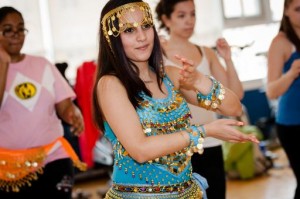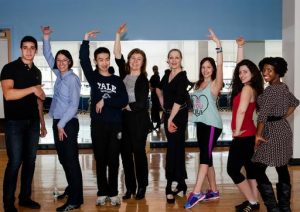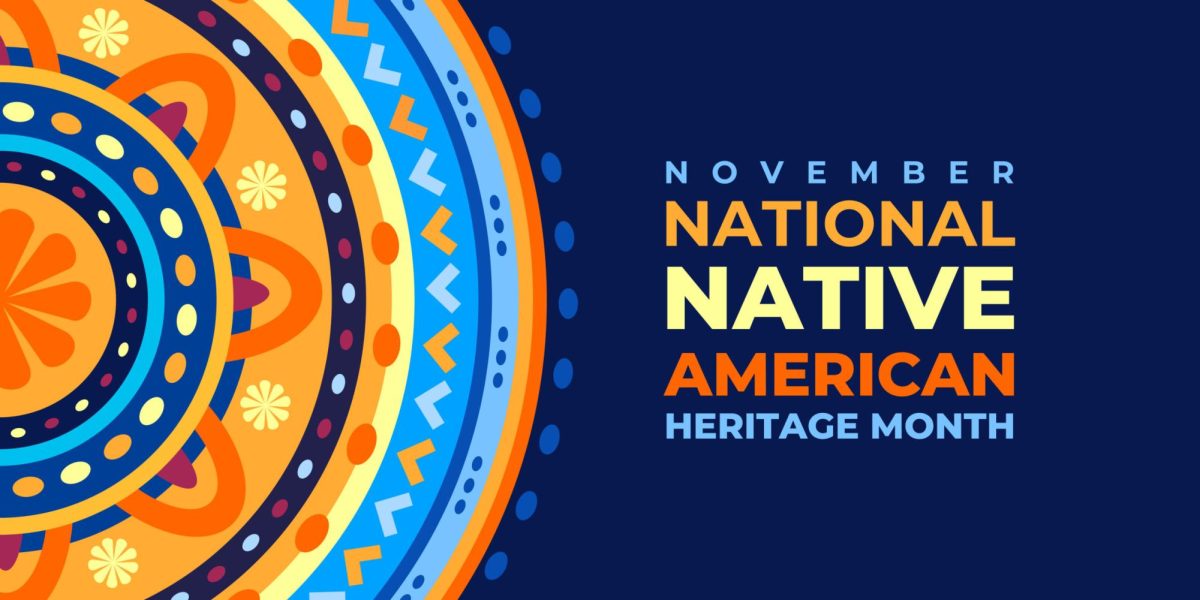The Modern Language Department’s week in the limelight.

(Steve Blazo Photography)
The University of New Haven recently pledged to double the amount of students who study abroad by the end of this decade. President Steven H. Kaplan remarked, “As a leader in experiential education, UNH seeks to expand the opportunities available to our students and to enhance their appreciation for diverse cultures and viewpoints.”
UNH was the first college in Connecticut to join Generation Study Abroad, and as if almost in sync, a month after this, the university had their first Modern Language Festival.
The series of cultural activities from Monday, April 7 to Thursday, April 10 sought to bring attention to a growing Arabic, Italian, Spanish, French, Chinese and Russian departments at UNH.
The festival began on Monday with a day of dance. First featured was the Portuguese culture with the Maculele, or Warrior Stick Dance, originating from Brazil. This dance began in the times of slavery when African men and women would dance with their machetes to pass the time cutting sugarcane. Now it is done in a circle called Roda with the Brazilian drum, or atabaque. Bamboo sticks are used and hit above the head with the right hand striking in an X-shape to the rhythm.
Spain was represented next with a lesson in Flamenco. This form of art includes dance, guitar playing, drums, foot stomping, and handclaps, or “Palmas.” The hands are very expressive in this form of dance and the motions are inward and self-reserved.
Next, Professor Halima Belemlih set up a Belly Dance performance representing Arabic culture. This type of dance focuses on the articulation of the hips and was taught by UNH student Marwa Lahlou and her friend Jasmin. They demonstrated dances with traditional outfits and students had the option of following along.
On Tuesday, the festivities continued with Chinese students on the BSAC patio teaching the traditional game of Mahjong. Taiwanese Bubble tea and Chinese steamed bread was also served. At this time in the programming space, Spanish professor Irizarry had a presentation showing the connection between Latin American and African American music; Salsa and Hip-Hop. This included video, audio, and lyrics.
Following was henna tattoos in the Bartels programming space. The tattoos are drawn using dye from the henna plant, which is popular in Eastern cultures and can be painted on the skin and last for several weeks.
In the afternoon, students could play Gioco Dell’Oca, or the Goose Game. This resembled a life-size version of Candyland and was led by Italian professor Maddalena Lolaico and her students. Participants formed teams, and on their turn, rolled a pair of dice, which said how many spaces forward to move. Some squares sent one backwards and some caused missed turns. If one team landed on the same space as another, that team was sent back to the space where the other team had been. A team had to land on the sixty-third square to win.
Thursday commenced with naming tables in Bartels, in which professors Chiaoli Lin, Dima Krizhanovskiy, and Mohammed El Idrissi could write student’s names in Chinese, Russian or Arabic respectively. Around lunchtime, students studying French, and their professor Coralie Gallet, had “Bistro Français,” where they served typical French dishes, such as quiches, cheese, baguettes, and crepes in the Bartels dining room. During the lunch, French music and a slideshow.
Afterwards, students studying Russian and their professor Daria Kirjanov put on “Kafe Rus.” Ukrainian cherry and potato dumplings and Russian tea and pastries were served. An accordionist played Russian folk songs during the event, along with modern Russian music and a slideshow that was shown.
On Thursday afternoon, students learning Arabic performed songs in the language on the BSAC patio. At night, a classic Russian comedy movie titled, Kidnapping in the Causcus was shown.
Professor Alessia Dalsant reflects, “We are so excited about this week’s success that we are planning to make it an annual event! The festival’s objective is to introduce students not only to the wide selection of languages offered at UNH, but also to the diverse and rich cultures that one discovers by studying languages.”
Dalsant believes that speaking a foreign language opens doors not only to the job market, but also for personal growth. The festival would not have been possible without the generosity of Greg Overend; Director of Student Activities, Dean Lourdes Maria Alvarez; Dean of the College of Arts and Sciences, Dean Rebecca Johnson; Dean of Students, and Wanda D. Tyler; Director of Intercultural Relations. After a taste of these multi-faceted cultures, who wouldn’t want to study abroad?













